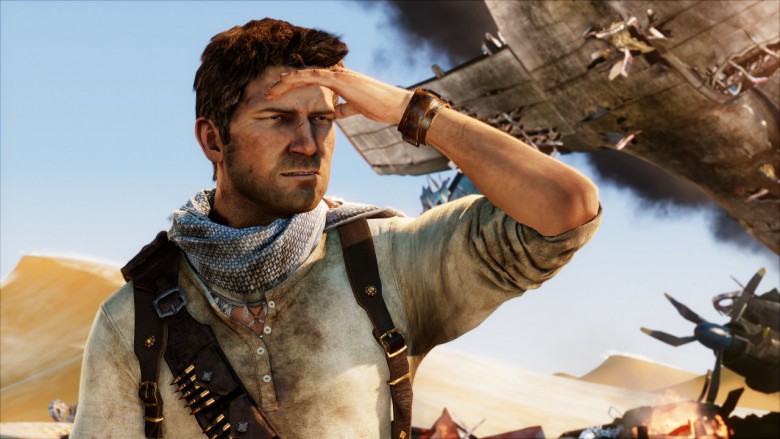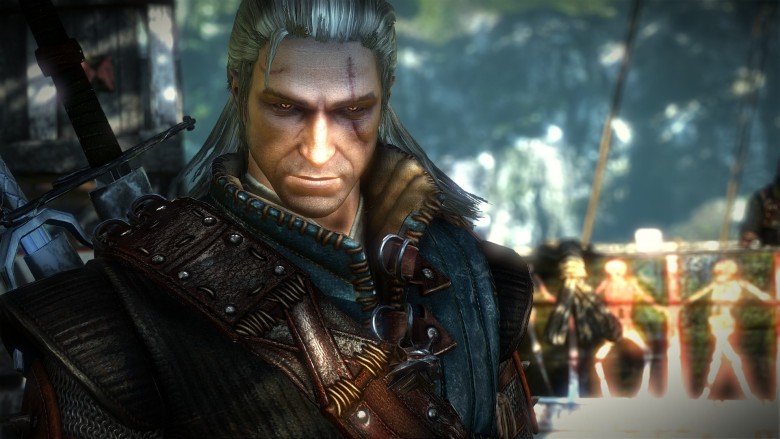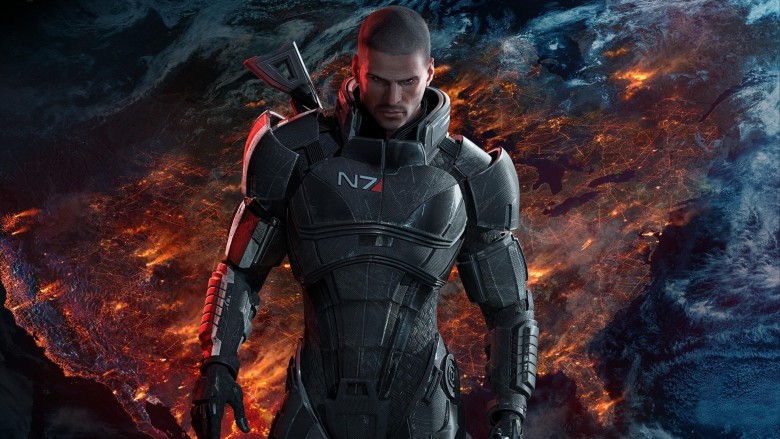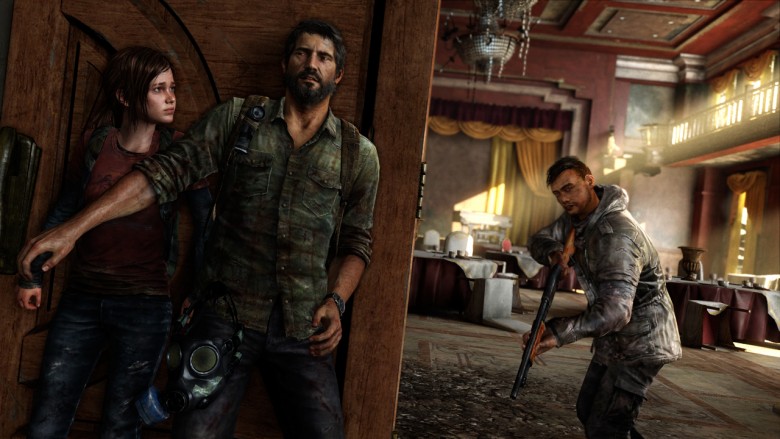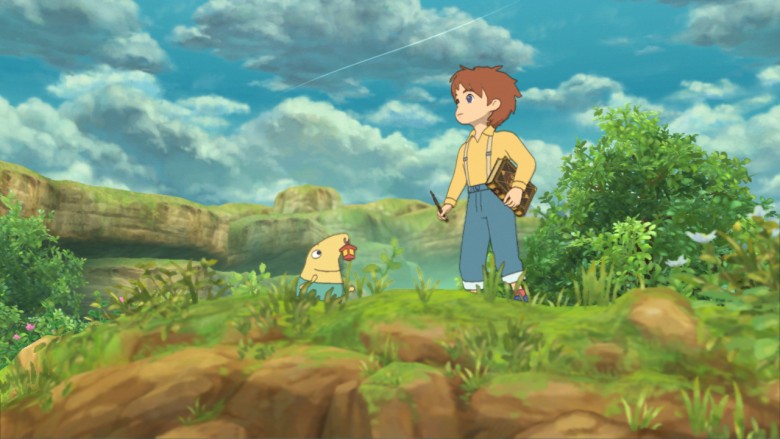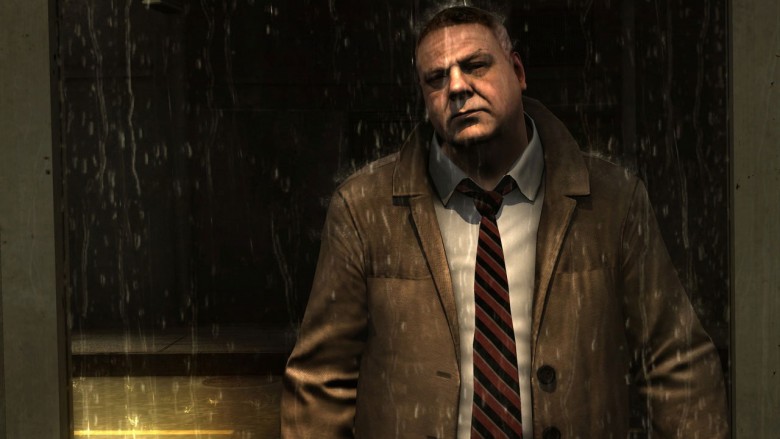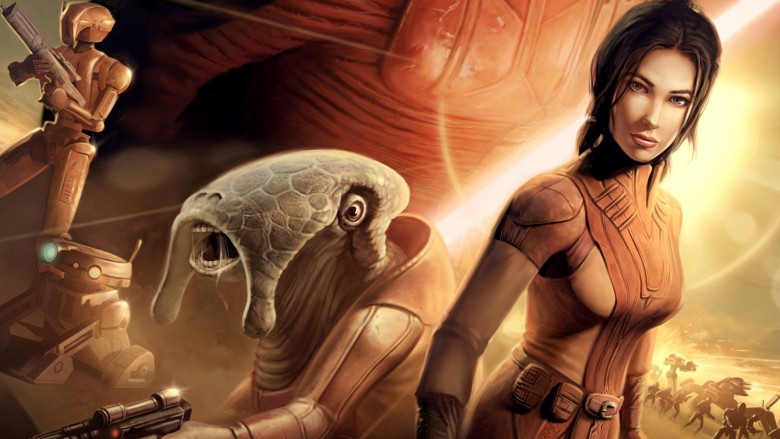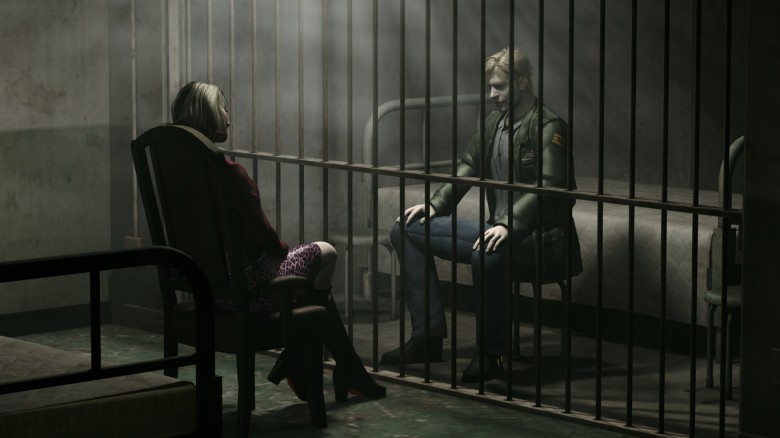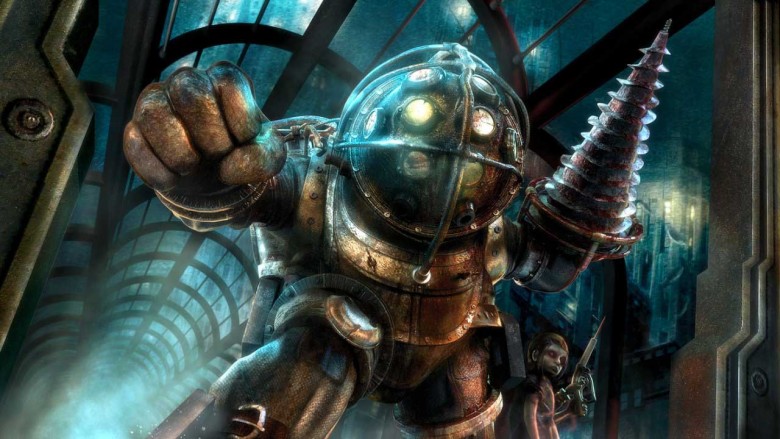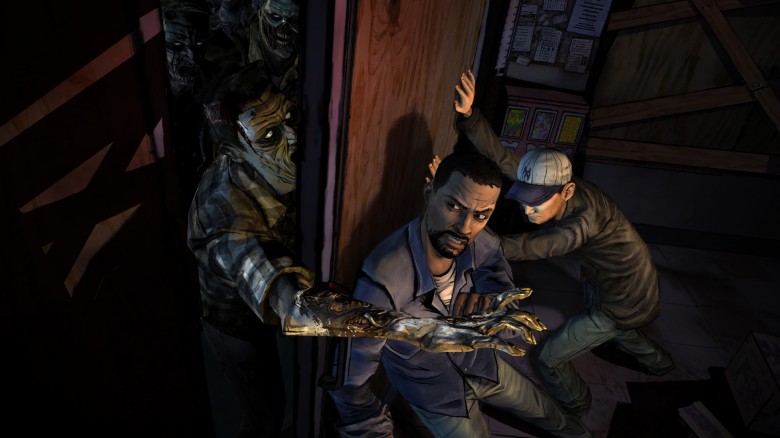Video Game Storylines That Are Better Than The Actual Gameplay
Video games are usually defined by their mechanics, gameplay, and graphics, but that's started to change in recent years; for modern gamers, the story can carry equal weight, and even make or break a game. In these titles, the storylines were actually better than the gameplay.
Uncharted
Naughty Dog might be the best studio when it comes to creating story-driven games, and the Uncharted series is proof. The gameplay is pretty good, but after a while, it starts to feel repetitive and almost too linear—though that's not to say the games aren't fun. They are; it's just that the stories eclipse the gameplay in every way.
Everyone loves a treasure-hunting adventure. That's why the Indiana Jones franchise is so beloved. And the very purpose of video games is to take people on adventures in an interactive way. That's what the Uncharted series does best—and that's quite clear even in the latest release, Uncharted 4: A Thief's End. But what truly stands out among the Uncharted games are its stories—its adventures—and the main character, Nathan Drake.
The interactions between Nathan and the rest of the characters, as well as the twists and turns along the way, are what keep bringing people back to the franchise. Too many games have stock characters, but not Uncharted, and the result is a cinematic experience for players.
Now it's only a matter of finding the perfect person to play Nathan Drake in the continuously delayed film adaptation.
The Witcher
CD Projekt Red made a name for themselves with the Witcher series, and critics and fans alike continue to rave about the studio's latest release, The Witcher 3: Wild Hunt. The game is the paragon of the open-world, role-playing genre. While gameplay has had a significant part in the title (and the series') success, the the story is what truly stands out.
Unlike most other RPGs and open-world games, the personality of The Witcher's central character is seemingly immutable. We're allowed to make dialogue choices and complete whichever missions we want, in whatever order we want, but no matter what our choices are, we always end up in the same place—and that's because CD Projekt Red had a story to tell. We're just on that journey. Medieval stories always intrigue people, and it's fun to wield a sword, ride a horse, and take on monsters with the help of supernatural abilities—but what keeps players coming back is the experience of being a witcher and playing Geralt.
Mass Effect
BioWare has managed to drastically improve the gameplay quality of the Mass Effect series with their latest title, but only time will tell if its story can match that of Commander Shepherd and the Reapers. Since the beginning, the franchise has boasted exemplary gameplay, and it really came into its own in the second and third installments. But when it's compared to the trilogy's overarching narrative, nothing compares to the story. Player choices were a thing long before Mass Effect came around, but the franchise defined what it meant to have consequences.
Though the journey through the Mass Effect trilogy was incredible, to say the least, many were outraged by the trilogy's ending. For years, players made strict choices that impacted their journey from game to game, but in the end, they were given three choices that produced whichever ending they got, thus rendering all their previous choices inconsequential. After all that time, and all those decisions, it turned out there were predefined endings all along, which caught BioWare some flak from consumer protection agencies around the world for false advertising. Despite the flawed ending, the Mass Effect trilogy has some of the best writing and character development in gaming history; hopefully, that's something the studio hasn't lost sight of with Mass Effect Andromeda.
The Last of Us
The Last of Us arrived at the tail end of the console generation, but it still managed to impress—not for the way the main character took out the infected, or for its shockingly creepy moments (of which there were many), but rather for its genre-breaking story.
Set in a post-apocalyptic world, The Last of Us follows Joel and teenager Ellie, who reminds Joel of his deceased daughter. It's one of the most mature tales in gaming history, one that rivals Hollywood films. The real, tender relationship between Joel and Ellie is what engages players, and it nails what a video game needs to have a great storyline: it's not about the plot so much as it's about the way it unfolds, and how the player is affected by the outcome. Why do you think people want The Last of Us 2 so badly?
Ni No Kuni
Ever since Final Fantasy VII, the Western gaming world has been in awe of Japanese role-playing games (JRPGs). That fascination has only grown, and Level-5's partnership with Bandai Namco for Ni No Kuni in the 2010s proves it.
So far, there have been four published titles and one card game, and they all follow the central character, Oliver, who is thrust into a rich fantasy world filled with magic. However, Ni No Kuni is a prime example of gameplay—particularly the combat system—being rather boring, tedious, and repetitive. That's not to say the games aren't fun, because they are—only that a lot of the fun lies in the story.
Ni No Kuni is a reminder to the video game industry of why people keep coming back to the JRPG genre. They don't always have ground-breaking gameplay or stunning graphics, but they do have stories that strike an emotional chord.
Heavy Rain
Have you ever wondered what it would be like to hunt for a serial killer? Quantic Dream's Heavy Rain answers that question with astonishing graphics, minimalistic gameplay, and an immersive story that sends players in pursuit of the Origami Killer. In the game, players assume control of four different characters, each of whom play an integral role.
Heavy Rain certainly provided a rich, cinematic, investigative experience, but that's not what people remember most. Its gameplay wasn't ground-breaking—but its story was gripping. It felt like being one of the journalists or detectives searching for the Zodiac Killer in the Bay Area in the '60s and '70s. There have been plenty of noir thrillers over the years, but most of them focused more on the gameplay than they did the story. That's what sets Heavy Rain apart—that and the eight possible endings, which give additional weight to player choices.
Knights of the Old Republic
Many Star Wars fans consider Knights of the Old Republic to be the greatest Star Wars game ever made, and that's largely due to its story. The gameplay fit its time—utilizing round-based combat, a tiered skill tree for Force powers, and an alignment system that tracks dialogue and character choices to determine if you skew towards the light or dark side of the Force—but we'd wager that people remember the profound story more than the way they played the game.
Set thousands of years prior to the rise and fall of Darth Vader, Knights of the Old Republic chronicles the journey of Revan, a character poised between either destroying the Sith or becoming their next Dark Lord. The choices made throughout the game result in either a light or dark side ending, and depending on what the player chooses, they may lose several companions along the way. Sure, the lightsaber duels were cool and all, but what really brought the story home for fans was the exploration of the Sith (the likes of which we hadn't seen before), as well as uncovering Star Wars lore.
Even though Knights of the Old Republic technically isn't canon, aspects of the story have since trickled over into the main continuity. Most recently, we saw Hammerhead Cruisers debut in the Star Wars Rebels animated series, which were later used in Gareth Edwards' Rogue One: A Star Wars Story—and that's only the beginning of what Knights of the Old Republic has offered the Star Wars franchise.
Silent Hill 2
From a gameplay perspective, Silent Hill 2 is good but not great; however, from a narrative standpoint, it might be one of the greatest stories ever conceived in an interactive format.
Released almost two decades ago, Silent Hill 2 still influences horror games till today. Its gameplay is a far cry from what other games have managed to accomplish, but combine that with its story, and you have one of the best games ever made. Really, it's a testament to the way video games can augment genre-defining horror stories.
As often as not, gamers come away from a title with their own nitpicks and opinions about what should have been different. We all like to think we know better than the developers. But when it comes to Silent Hill 2, you'd be hard-pressed to find something to change—everything in the game is deliberate, and the story is masterfully crafted to give players the ultimate horror experience.
BioShock
Game franchises continually introduce new gimmicks and storylines, but they don't always get better as time goes on. BioShock is a wonderful exception, with a series of stories that include some of the greatest in video game history. Since the first installment arrived in 2007, Irrational Games has redefined the story-based shooter. It isn't about running through the game as fast as possible and racking up headshots, it's about exploring the cyberpunk dystopian world of the Rapture.
There are those who like to experience every aspect a game has to offer—complete every quest, unlock all its doors, and collect all the trophies (or achievements). But with BioShock, all of that is secondary. People play the series for its story, and completing the movie-like tale in ten hours or so is more than enough to feel like you've finished the game. Coupling a story like the BioShock series with highly-stylized, first-person shooter gameplay, which also gives players options between direct and indirect combat, makes for a generation-defining experience.
Every game by Telltale Games
Cinematic storytelling in video games is something the industry has been gravitating towards in recent years, but one studio's already there: Telltale Games. Their developmental style is unique in the field, and their specialty in the episodic genre is unmatched. It's evident in each of their releases, including The Wolf Among Us, The Walking Dead, and Game of Thrones. For years, Hollywood studios worked with the video game industry to develop games based off movies and TV shows, and many have been mundane and offered nothing new—that is, until Telltale came along.
Instead of simply basing a game off a movie or show, Telltale opted to create new stories. Their gameplay involves minimal movement and dialogue choices that affect the outcome of the story, which is perfect for what they're trying to accomplish, but what really stands out are the stories. Each game, from Batman to Back to the Future, contains an episodic story that allows the player to have an interactive, cinematic experience. The studio's head of creative communications, Job Stauffer, once explained that video games are typically defined by their mechanics, but when it comes to Telltale games, their stories are the gameplay. That's what makes them unique—and that's why their stories are better than the gameplay.


